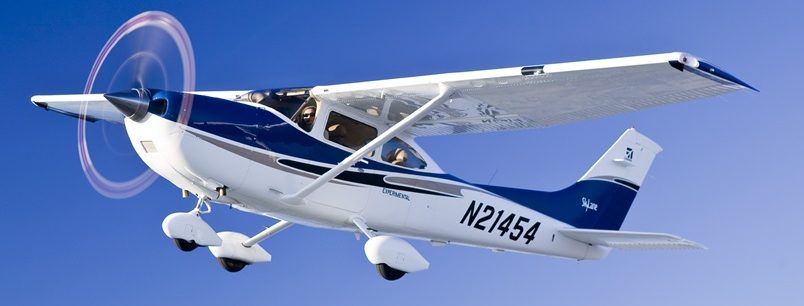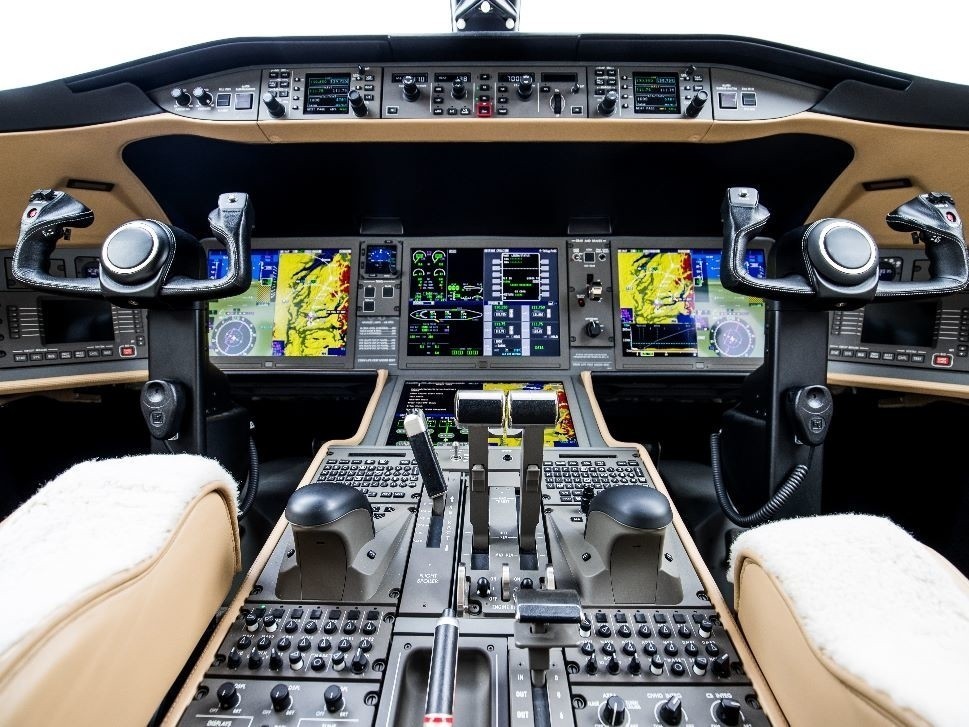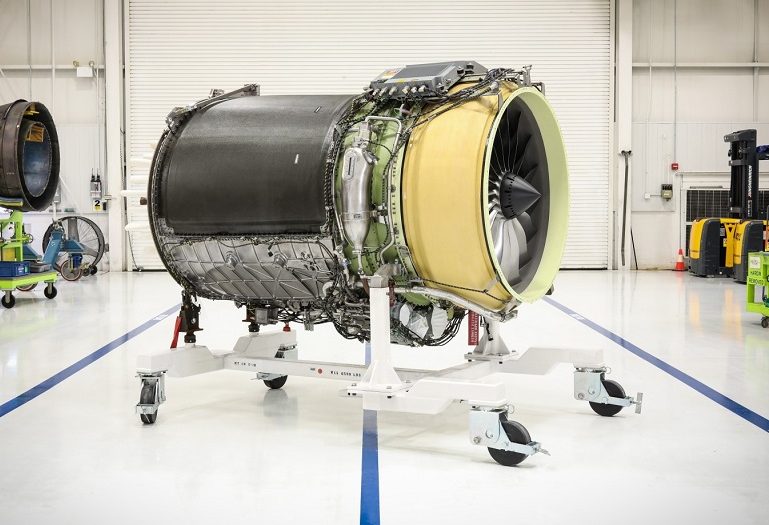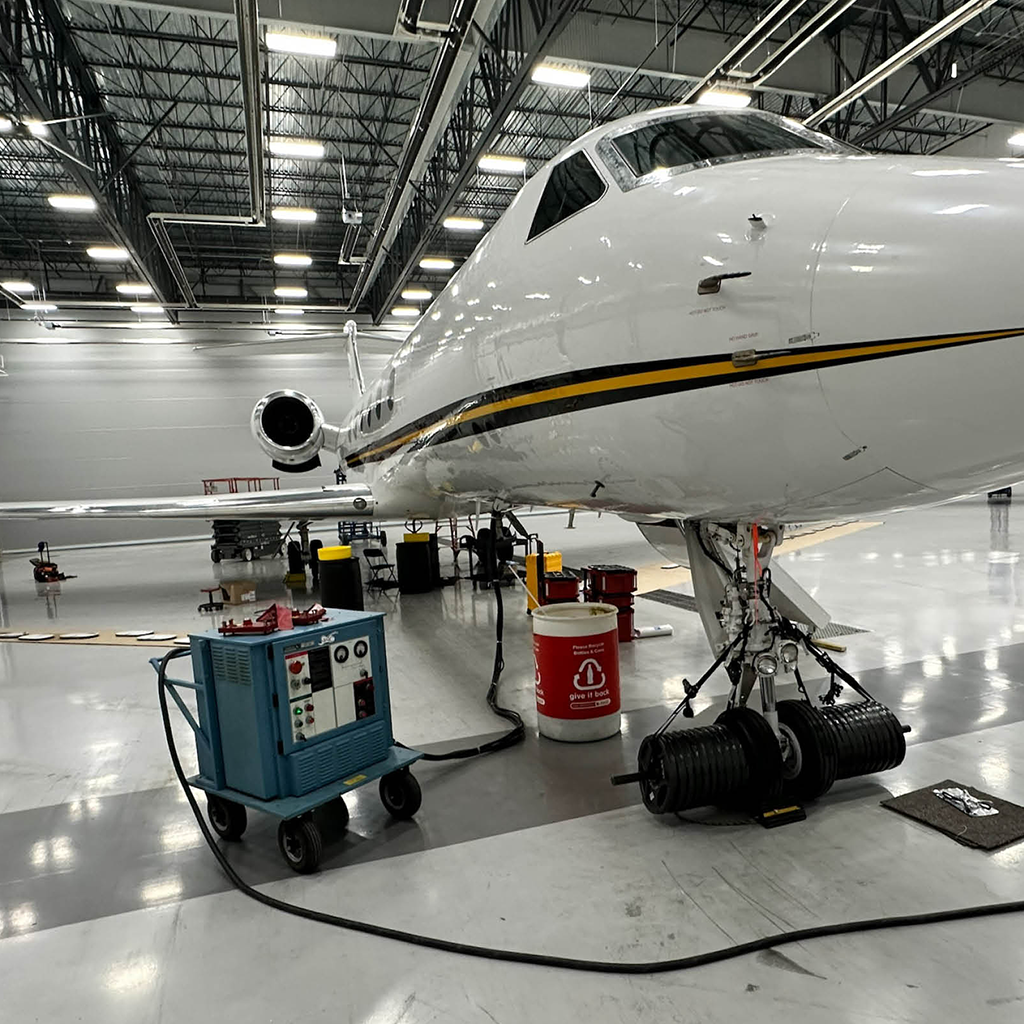The Impact of New Technology on Private Jet Resale Values: What Every Buyer and Seller Needs to Know
As we enter the golden age of private aviation, understanding the dynamics of private jet resale values has become essential. One cannot underestimate the critical role of emerging technologies in shaping the private jet market, where even the smallest advancement can stir significant shifts in buyer preferences and in turn, jet resale values. From avionics and fuel efficiency innovations to luxurious designs, this article decodes how advancements are changing the game. It also peers into factors like operational costs, ROI, and the growing demand for greener aircraft. Whether you’re a buyer or a seller in this high-flying sector, let’s embark on this informational journey to better navigate the alluring yet complex world of private jets. So, fasten your seatbelts and get ready to soar through the myriad dimensions affecting private jet resale values.
The Importance of Private Jet Resale Values
New technology plays a critical role in determining the resale value of private jets. The evolution of technology in aviation brings with it a ripple effect in the market, changing not only the purchase and ownership experience but also the resale game.
Understanding Resale Values in Private Aviation
The resale value of a private jet is a critical component for both prospective buyers and current owners. It significantly influences the returns on investment for both parties. Smart investors and savvy buyers alike understand that the health of the private aviation market is intimately connected to the technologies that these aircraft possess.
New technologies, which include advanced avionics, increased fuel efficiency, and luxury additions, undoubtedly increase initial purchase costs. However, these high-tech amenities also bring about higher resale values, making them attractive features that can offset the cost of ownership over time.
It isn’t just about having new technology, either. It’s about having technology that keeps up with what’s newest and best in the industry. This is because outdated tech reduces the marketability of an aircraft, negatively impacting its resale value.
Financial significance for Buyers and Sellers
From the buyer’s perspective, understanding how technology impacts resale value can aid in making informed purchasing decisions. A jet packed with the latest technology might require a larger initial investment, but the potential for high resale value could make it a more fruitful purchase in the long run.
For owners considering selling their private jets, state-of-the-art technological features can lead to commanding higher asking prices. Prospective buyers value these advancements, often willing to pay a premium for modern, efficient, and luxurious aircraft. Therefore, owners with technologically advanced jets stand a chance to recoup more of their initial investment when they decide to sell or upgrade.
In conclusion, technology’s ever-evolving role has a significant impact on private jet resale values. For buyers and sellers alike, staying ahead of tech trends can provide a substantial financial advantage in the competitive private aviation industry.
Technological Advancements in Private Jets
The private aviation industry has increasingly leveraged advanced technology to enhance the functionality, safety, and convenience of corporate jet aircraft. Let’s delve into how these progressive innovations are significantly impacting the market.
Emerging Technologies Impact
Innovations in Avionics Systems
Avionics – the electronic systems used on aircraft – have fundamentally evolved over the years. Groundbreaking advancements such as enhanced vision systems (EVS) and synthetic vision systems (SVS) have exponentially improved navigational capabilities. These systems aid in reducing pilot workload and increasing situational awareness by providing better visibility in poor weather conditions or at night.
New-age cockpit technology, like digital touchscreen controls and intuitive flight management systems, are transforming the pilot’s user experience. Notably, the Collins Aerospace Pro Line Fusion avionics suite, used in high-end jets, provides an illustrative interface that allows pilots to manage flight navigation on large, high-resolution screens.
Moreover, state-of-the-art flight data monitoring systems are being used to gather, process, and analyze operational data. This can aid in identifying potential safety issues and trends, preventing incidents, and enhancing overall flight performance.
Developments in Fuel Efficiency
Fuel efficiency is a paramount concern in aviation. High-performance jets often come with a hefty fuel cost, contributing significantly to operational expenses. Hence, technologies focusing on improving fuel efficiency are in the limelight.
Manufacturers are increasingly incorporating advanced aerodynamics, efficient engines, and lightweight composite materials to optimize fuel consumption. One notable example is the Pratt & Whitney Canada’s PurePower® PW800 engine series. These engines leverage advanced design technology for reduced fuel consumption, decreased emissions, and lower noise levels.
Fuel efficiency advancements are not just constrained to engines. For instance, winglet technology, used in aircraft like the Bombardier Global 7500, reduces drag and improves fuel efficiency. Additionally, weight reduction strategies, such as using light-weight composite material for manufacturing, contribute to diminished fuel consumption.
These fuel efficiency developments play a crucial role in enhancing operational economics, thereby influencing the resale value of private jets.
Influence on Buyer Preferences
Technological advancements in private jets significantly influence buyer preferences. Today’s discerning consumers appreciate sophisticated avionic systems for safety and usability, fuel-efficient engines for cost-effectiveness, and eco-friendly features for sustainability.
Aircraft boasting advanced technology tend to command a higher market value, experiencing an increased demand. Consequently, this ascendant trend affects the private jet resale values, making technologically advanced jets desirable for potential buyers seeking a noticeable return on investment. Hence, sellers must be aware of these technologies and their impact to successfully navigate the increasingly technology-driven aviation resale market.
Jet Specifications & Performance
In the realm of private aviation, an aircraft’s specifications and performance capabilities significantly influence its resale value. Prospective buyers take into account factors such as the jet’s range, speed, passenger capacity, cabin space, and maintenance history when considering purchases.
Range and Speed Capabilities
The exploration for private jets often begins with a look at their range and speed. The latest generation of private jets are constantly pushing the envelope, offering higher speeds and longer ranges. Advanced aerodynamic designs, more efficient engines, and fuel management systems have enabled new models to achieve faster speeds and travel long distances without refueling. For example, ultra-long-range jets such as the Bombardier Global 7500 can now achieve a range of 7,700 nautical miles, rendering transpacific travel possible. Higher speed capabilities translate to significant time savings on long routes, further enhancing their appeal to global business travelers and jet-setters. Consequently, jets with superior range and speed attributes tend to retain value better in the resale market.
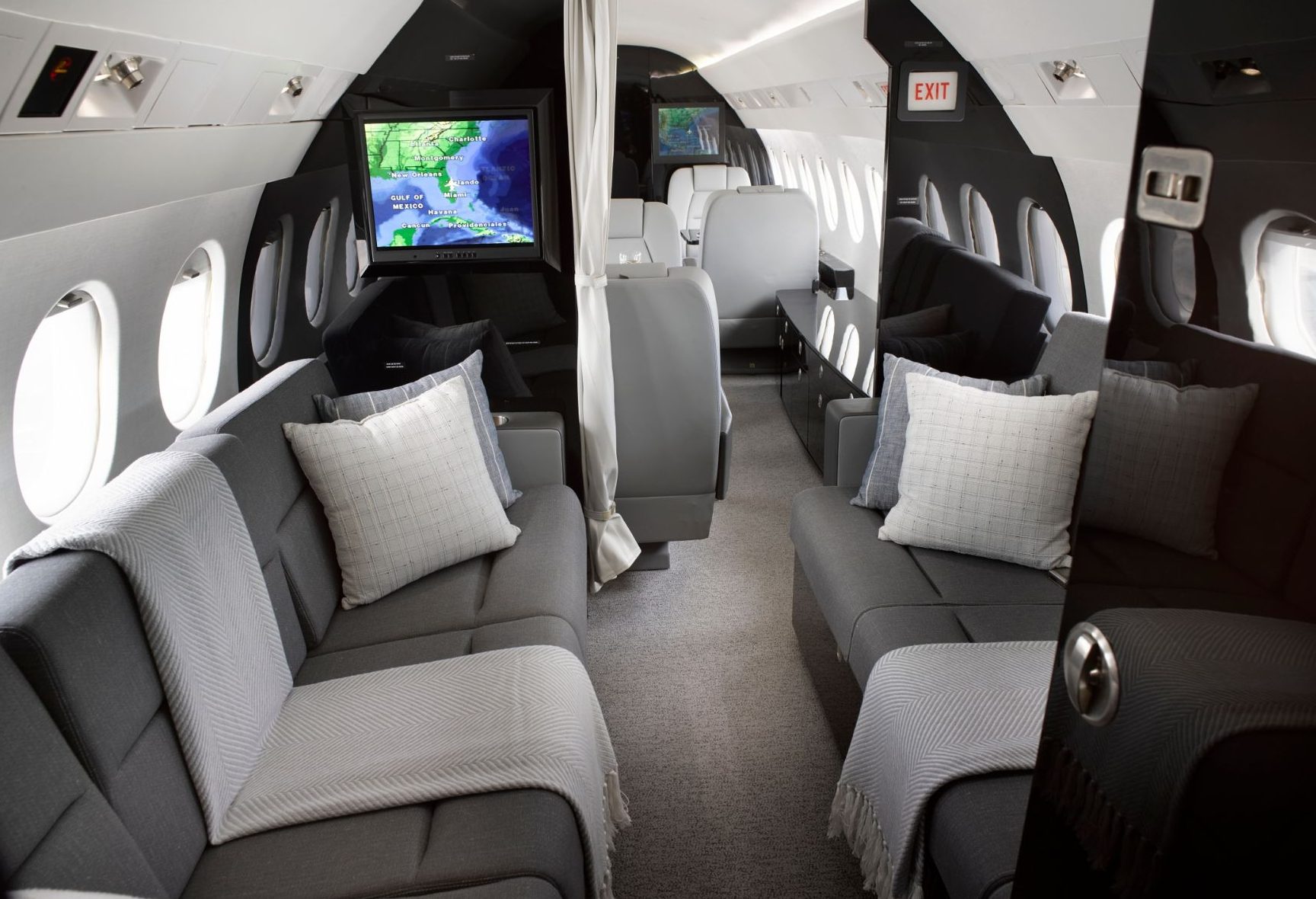
Passenger Capacity and Cabin Space
Another important factor in assessing private jet resale values is passenger capacity and cabin space. A more spacious cabin allows for a greater number of passengers and greater comfort, thereby making long trips more enjoyable. Recent advancements in design and construction materials have not only made it possible for new jet models to accommodate more passengers, but they have also enhanced the cabin experiences with taller, wider, and quieter environments. Aircraft like the Gulfstream G700 boast expansive cabin spaces, flexible configurations, and plush amenities that cater to different travel needs. These amenities include customized seating arrangements, larger windows, superior air quality, and optimal cabin pressurization. As a result, jets that offer a greater passenger capacity and increased cabin space usually yield higher resale values.
Maintenance History Impacting Value
Just as the service history of a pre-owned car greatly impacts its worth, the same principle applies to private jets. A well-maintained jet with a comprehensive and organized record of regular services, inspections, and parts replacements can command a higher resale price. Transparency about the aircraft’s maintenance history serves as a benchmark for its future performance and safety. Furthermore, private jets that are maintained in line with the manufacturers’ guidelines and those operated by well-regarded management companies often gain higher confidence (and thus, higher values) from buyers. Thus, meticulous care and diligent documentation of a jet’s maintenance history can significantly enhance its resale value.
Luxury & Comfort Features
When it comes to detailing the impact of new systems and amenities on the resale value of private jets, luxury contents and comfort features play a crucial role.
High-End Interiors and Amenities
Modern private jet interiors are no longer merely functional—they’ve turned into luxury environments designed to maximize comfort and productivity. The current trend in interior design is heavily influenced by the desire to create a “home away from home” atmosphere, with high-end furnishings, state-of-the-art entertainment systems, plus fine dining and sleeping arrangements.
The presence of high-end amenities like Wi-Fi connectivity, touch screen controls, satellite phones, and gourmet galleys can significantly increase the desirability of a private jet in the resale market. Moreover, buyers frequently show a willingness to pay premium prices for aircraft fitted with the latest technologies that infuse an essence of opulence.
Trends in Customization of Private Jets
Customization is another pivotal trend impacting the resale values in the private aviation sector. The possibility to personalize every detail, from the exterior paint to the interior design, is an appealing part of owning a private jet.
Many jet owners are going beyond traditional refurbishments and opting for unique and ultra-luxurious upgrades. These include features like fully equipped office spaces, spa-like bathrooms, private bedrooms, and even onboard gyms.
However, sellers should note that while these ultra-luxury enhancements might appease some prospective buyers, others may see them as overly lavish and not in line with their sense of style or their practical requirements. Therefore, customization should be done thinking about the balance between personal taste and market appeal.
In conclusion, high-end interiors and customizations significantly influence the luxury and comfort factor of private jets, posing a major impact on their market value. As the preferences of buyers continue to evolve, staying updated with the latest trends will be essential for sellers looking to maximize their resale values.
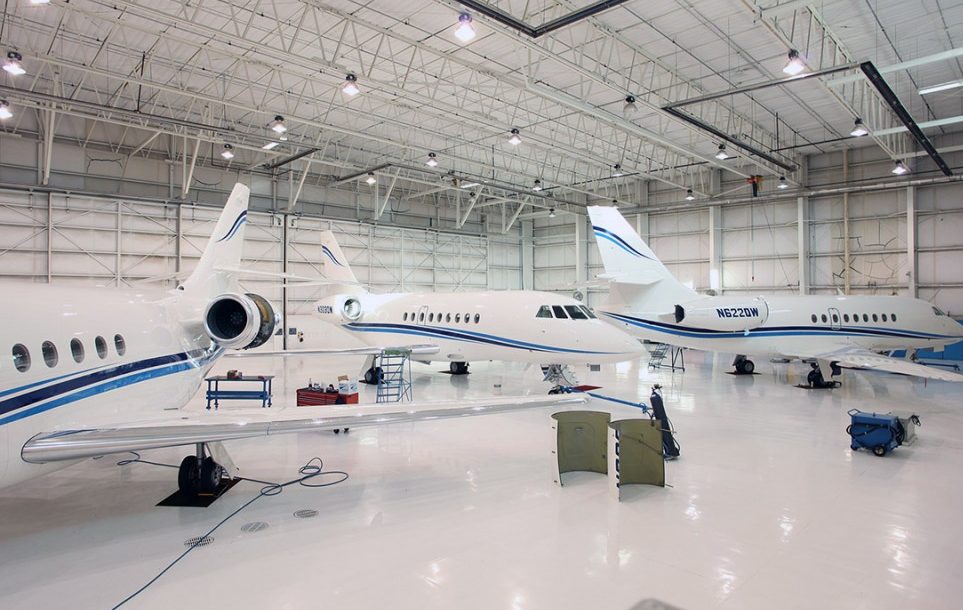 Operational Costs & ROI
Operational Costs & ROI
In the world of private aviation, understanding the operational costs of a jet and the return on investment (ROI) it can provide, represents a critical factor for both buyers and sellers. Particularly, in the light of new technological advancements, this area warrants close scrutiny.
Balancing Purchase Price and Operating Costs
When acquiring a private jet, the initial purchase price is only the beginning. Operational costs include everything from maintenance, fuel, storage, and crew salaries, all the way to insurance and potential financing costs. Understanding these associated costs and balancing them against the initial purchase price is key for prospective buyers. Technological upgrades in new jets result in reduced maintenance and lower fuel costs, but with an elevated purchase price. Conversely, older models may come with a lower price tag, but higher operational costs due to less efficient technologies and potential maintenance issues.
Revenue Potential from Charter Services
Chartering one’s private jet can provide a lucrative revenue stream. In recent years, the demand for private aviation has surged. As appealing as private jet ownership may be, full-time utilization remains rare. The underutilized hours present an opportunity for owners to offset the operational costs by offering their jet for charter services. Profitability here will depend on the jet model and its amenities; more advanced or luxurious jets usually command higher charter rates.
Long-term Benefits of Advanced Technologies
Advanced technologies in private jets are not just about cutting-edge amenities or better fuel efficiency – they come with financial advantages too. An aircraft featuring the latest technological innovations tends to retain its resale value better than one that doesn’t. Upgraded avionics, for example, are a strong selling point with buyers valuing modern digital systems over older analog ones. Furthermore, these new technologies often translate into lower operational costs over time, increasing the ROI for jet owners.
In conclusion, thorough comprehension of the balance between operational costs, revenue potential, and the long-term benefits of advanced technologies is paramount for anyone in the private jet market. This knowledge not only protects one’s investment but also maximizes the financial return and enjoyment of owning a private jet. The appeal of the private jet lifestyle is unquestionable, but making it a profitable endeavor requires a keen understanding of the financial dynamics in play.
Ownership Benefits & Incentives
Ownership of a private jet offers a multitude of benefits and incentives. With new technological advancements incorporated into these luxurious assets, owning a private jet has never been more appealing. Let’s delve into these benefits and understand their impact on private jet resale values.
Tax Advantages for Jet Owners
One of the major incentives of owning a private jet is the sizable tax advantage. Aircraft owners can reap remarkable tax benefits like depreciation deductions and past year’s taxable income investment write-offs. With the right strategic tax planning, these benefits can significantly offset the cost of owning and operating a private jet. This, in turn, integrates into the resale value of the jet, making it a lucrative investment for potential buyers.
Time Savings and Productivity Boosts
Private jet owners oftentimes purchase their jets to capitalize on unparalleled time savings and productivity boosts, which are hard to quantify in monetary terms. These jets provide direct flights to destinations, avoiding layovers and reducing travel time significantly. Owners can convert their travel time into productive work hours, serving their business needs and increasing the ROI on their investment. This unique advantage contributes positively to the resale values of private jets.
Exclusive Access to Private Airports
Private jet ownership also enables exclusive access to private airports. With an extensive global network of smaller airports exclusively available for private aviation, jet owners can avoid crowded commercial airports and their inherent delays. This privilege not only provides an added layer of convenience and privacy but also contributes to maintaining the aircraft’s condition by avoiding the congestion and potential damage at commercial airports. All these factors together have a positive influence on the private jet resale values.
In conclusion, ownership benefits largely contribute to the resale value of private jets, making them a worthwhile investment. The combination of tax advantages, time-saving efficiencies, and exclusive airport access all play a pivotal role in shaping the future resale market of private jets. Hence, understanding these benefits is crucial for both prospective buyers and sellers in the private aviation industry.
Market Demand & Investment Potential
As technology revolutionizes the private aviation sector, changing buyer preferences and industry norms, it inevitably impacts market demand and investment potential. In this rapidly-evolving landscape, understanding current trends in private jet ownership and the dynamics of resale value appreciation becomes crucial for any prospective buyer or seller.
Current Trends in Private Jet Ownership
In the current climate, private jet ownership is witnessing considerable growth. This trend largely reflects the shifting priorities of high net-worth individuals and corporations in the wake of the COVID-19 pandemic. With commercial flights posing increasing health risks, private jets provide owners with a luxurious, convenient, and safer alternative.
This preference, combined with the emergence of game-changing technological advancements, means that newer, technologically advanced models are in highly demanded in today’s market. Technologies such as inflight Wi-Fi, advanced avionics, superior fuel efficiency, and green technology are now seen as valuable additions, significantly contributing to the perceived value of the aircraft.
Moreover, the fractional ownership model is gaining much popularity. Through this model, individuals or corporations can own a share in an aircraft, making private flying more accessible and affordable while adding fluidity to the market.
Resale Value Appreciation
As for the resale values, they’re primarily determined by factors such as the age, maintenance history, type, and, in current times, the level of embedded technology in the aircraft. Notably, the increased focus on sustainability and eco-friendliness has sparked higher demand for jets equipped with green technologies, subsequently driving up their resale values.
More than ever, private aircraft equipped with the latest technological innovations are offering higher resale values, proving to be a worthwhile investment for savvy investors. Aircraft with fuel-efficient engines, state-of-the-art avionics, and interiors featuring the latest luxury and comfort technologies are attracting high resale prices.
In conclusion, as the market continues to evolve, both buyers and sellers need to stay updated with the latest trends and technologies to effectively navigate the market and maximize ROI.
Influence of Green Technology on Resale Values
The world is becoming increasingly conscious of the environmental impact of human actions. This shift has not gone unnoticed in the private aviation industry, with newer, greener technologies making a significant impact on the resale value of private jets.
Eco-Friendly Innovations
In the spirit of environmental sustainability, the aviation industry has introduced several eco-friendly innovations. These developments have significantly influenced private jet technology, the preferences of buyers and sellers, and ultimately, the resale values of these aircraft.
